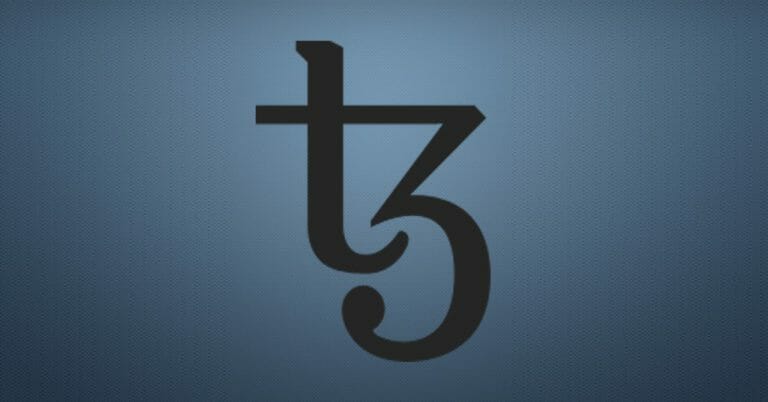Key Takeaways
- If enacted, the Australian Securities and Investments Commission (ASIC) would oversee licensing and supervision of DAPs and TCPs
- The draft legislation would create two new financial products under the Corporations Act, a “digital asset platform” and a “tokenized custody platform.”
In a major regulatory move, Australia’s Treasury has unveiled draft legislation that would require crypto exchanges and certain digital asset service providers to obtain Australian financial services licenses, marking a significant shift in the country’s regulatory framework.
The proposal, released Thursday for consultation, would amend the Corporations Act 2001 to classify digital asset platforms (DAPs) and tokenized custody platforms (TCPs) as financial products. That categorization would automatically subject them to the same licensing and consumer protection requirements as traditional financial intermediaries.
According to a Treasury fact sheet, the focus of the new rules is not on the digital assets themselves, but on businesses that hold assets on behalf of clients. Failures of crypto intermediaries, both globally and in Australia, have caused “major losses for consumers,” the Treasury noted.
Financial Services Minister Daniel Mulino said the framework aims to better protect consumers by ensuring crypto platforms that pool and custody client funds have adequate safeguards in place. “It is especially around how client funds are gathered and held,” Mulino said during a Wednesday speech at the Digital Economy Council of Australia’s regulatory summit.
Mulino stated that the draft bill would create two new financial products under the Corporations Act, a “digital asset platform” and a “tokenized custody platform.”
The draft also lays out penalties for breaches, with fines reaching up to 16.5 million Australian dollars ($10.8 million), or three times the benefit obtained from the violation, or 10% of annual turnover—whichever is greater. Smaller operators classified as “low-risk”—those holding under A$5,000 ($3,300) per customer and processing less than A$10 million ($6.6 million) in annual transactions—will be exempt from the licensing requirement.
Specific crypto activities are addressed in the proposal, including wrapped tokens, public token infrastructure, and staking. The Treasury said the framework is designed to account for the unique characteristics of digital assets, including how they are issued, stored, and settled.
If enacted, the Australian Securities and Investments Commission (ASIC) would oversee licensing and supervision of DAPs and TCPs. That would bring crypto venues, brokerages, and tokenized asset platforms into alignment with the rules governing investment portfolio operators.
Public consultation on the draft legislation is open until October 24, 2025.
At present, Australian crypto exchanges are only obligated to comply with anti-money laundering and know-your-customer requirements. The latest development comes days after ASIC announced a class exemption that lets licensed intermediaries distribute stablecoins without requiring separate regulatory approvals









